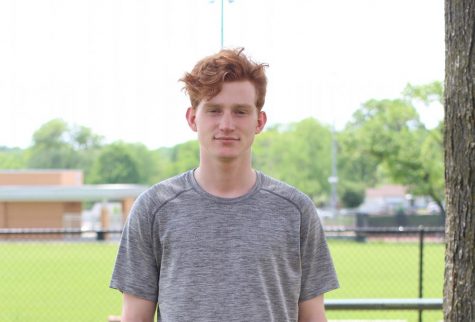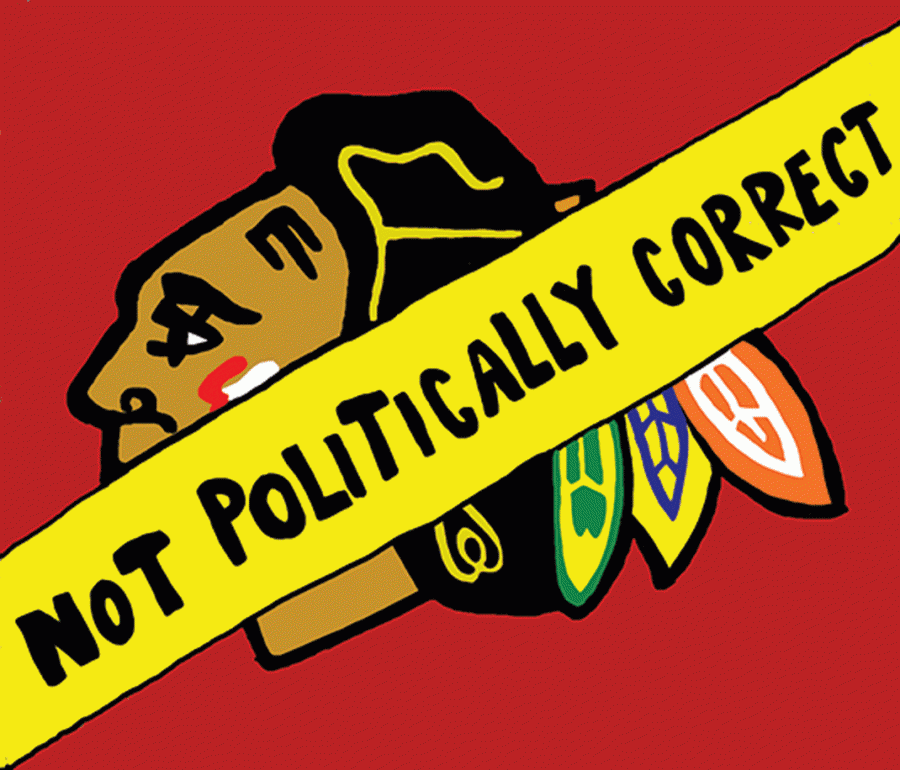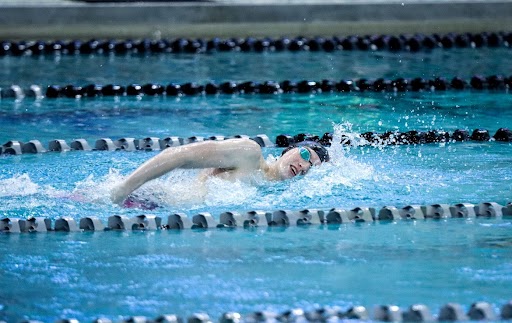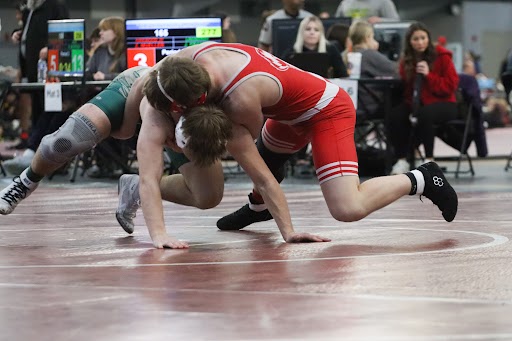Modern day tribes
From the Sunday gridiron to the Madhouse on Madison, more than 2,000 sports teams with names and logos associated with Native Americans have spread across the U.S. Despite strong backlash by some of the groups they represent, teams such as the Washington Redskins are trying their best to hold on to the past.
Due to the extensive history of discrimination and intolerance of Native American tribes and culture, logos and names of sports teams are seemingly one of the few aspects still relevant in American pop culture. And while I am not a Native American, nor could I possibly fully relate to the prejudice they face, there is a positive light which can be shined upon this seemingly one-sided topic of corporate appropriation.
Five Native Americans, in a 2013 hearing with the U.S. Patent and Trademark Office (USPTO), argued trademarks of Washington Redskins logos violated a code of the Trademark Act of 1946. According to the USPTO ruling, “these registrations must be canceled because they were disparaging to Native Americans at the respective times they were registered.” The Redskins later applied for an appeal to the ruling of having six of their patents cancelled, but it was denied.
Redskins lawyers attempted to bring to light other trademarks protected by the USPTO they deemed disparaging. Whether it be “Gringo Style Salsa” or “Dumb Blonde” hair products, the lawyers exposed there are thousands of other offensive trademarks.
It is ludicrous the Redskins are comparing the level of offensiveness of their trademark instead of arguing their logo isn’t offensive whatsoever; Redskins lawyers obviously have a notion of the backlash and are trying their best to cover their tracks. However, if the USPTO started regulating the perceived offensiveness of every single trademark, that’d be a slippery slope that could easily end up as a violation of First Amendment rights.
A similar group, from the California Yocha Dehe Wintun Nation, expressed their discontent through a TV advertisement during the 2014 NBA Finals. The ad, called “Proud To Be,” shows Native American tribes and famous figures from around the country. Near the end it says, “Native Americans call themselves many things. The one thing they don’t…” showing an image of a Redskins helmet.
The Florida State University Seminoles have seen a much different side. The Seminole Tribe and FSU are in good relations, unlike what has been happening with the Redskins. According to FSU, they consider it an honor to represent a group of people whose courage and spirit they admire and respect. The administration has made it clear the university will not engage in any activity that does not have the approval of the Seminole Tribe of Florida.
The tribe does not just give a stamp of approval from afar — they are full participants in the activities of the university. Leaders of the Seminole Tribe have publicly stated that they feel the FSU family is part of their family.
The positive, multi-beneficial relationship of FSU and the Seminole Tribe should be one to follow in example. Teams should listen and learn to understand the Native American peoples they represent and follow paths moving toward honor of the deep history, rather than shame and mortification through continued stubborn efforts to resist change.
Your donation will support the student journalists of Kirkwood High School. Your contribution will allow us to purchase equipment and cover our annual website hosting costs.

Interests: Austin Cleveland
Favorite quote: “If I had a gun with two bullets and I was in a room with Hitler, Bin Laden, and Toby, I would shoot Toby...








